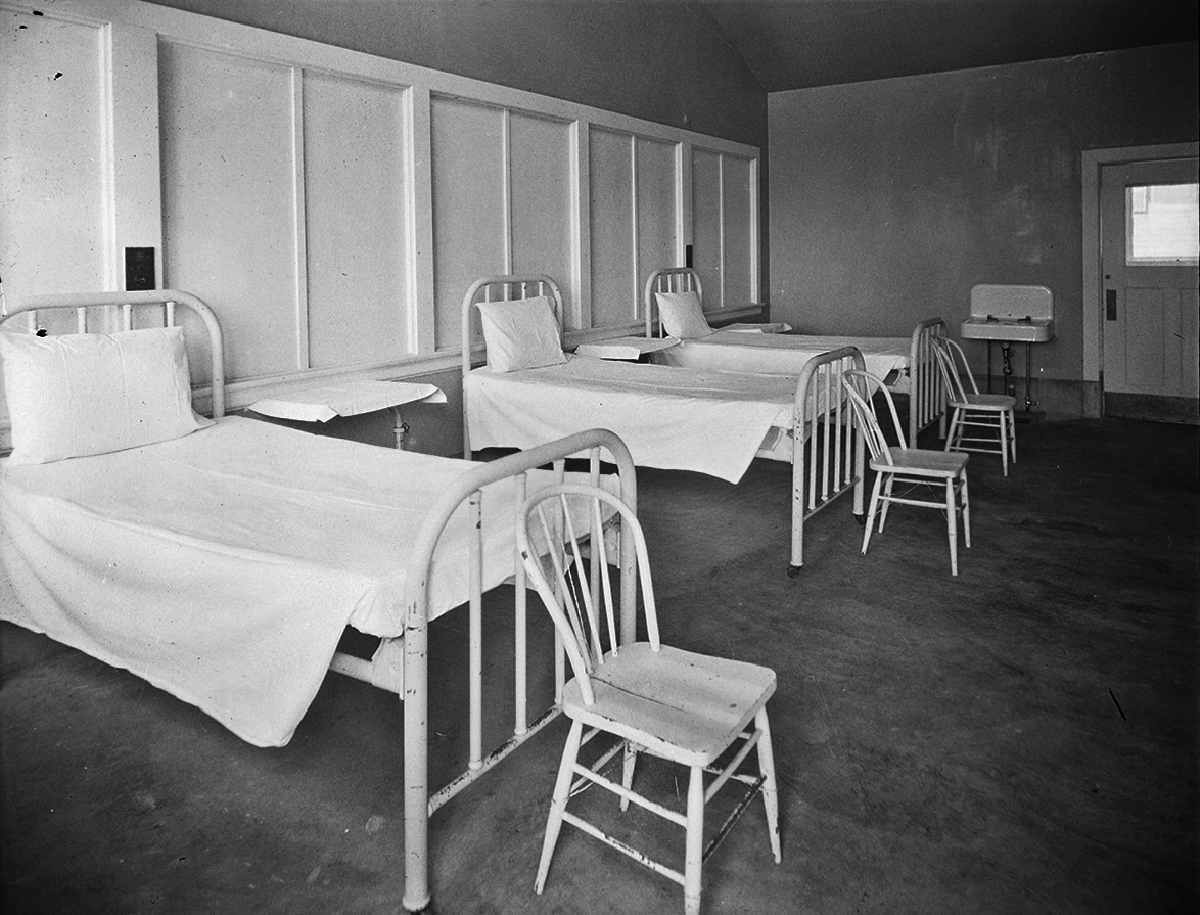Abandoned
Red and bright white lights flash. Is that a knock at the door? Who are these men? I see dark blue uniforms, but their name tags are blurry. Police officers? I need my glasses, but where did I put them?
They are speaking to me, sounding as if they are underwater as they wheel me out of my own front door. Where are we going? My family is staring from the yard next door. Are they just going to let them take me?
Oh, wait; I am being loaded into the vehicle that goes to the hospital. I bet they called them. They are trying to get rid of me … darkness and then bright white.
I sit for so long, and then I sit some more. How long will I be here? When can I go home? I ask again and again about my glasses, but no one is helping me find them.
Time passes and finally, a room at least. “How long?” I ask again. “A few months, hopefully, less. We can’t send you back to your house in its condition, and your family does not want to take part in your care, I am sorry,” she says.
They have left me here to die.
Breathe
“She is struggling to breathe, and she has been like this for the last two days,” the doctor tells my daughter. “She did not even want to come in,” I hear my daughter reply. Murmuring. She tells me they say there is fluid in my lungs. I need tubes to drain it out. I sigh. Okay, if you really think it will help. I wake up and although my chest aches, I can breathe a little easier. My daughter is asleep in the corner … Two days now, and the cancer doctor still has not come to see me. “He has been busy, but they said today for sure,” she says. Okay. I try to rest.
He finally comes; the news is not good. I’m tired. My daughter tells him we want to try the treatment. I must have fallen asleep again. Now it is dim, I see her in the corner. I try to speak, but my throat feels like sandpaper. She quickly shushes me. “Do not, save your strength.” Sleep takes me again.
I hear her move about the room; I try yet again but my voice fails me. I feel as if I’m drowning; my chest is so heavy. She is talking to me now, saying they think chemotherapy treatment will just make me feel worse, I will be more fatigued and still in pain. I wake again to hear her crying quietly. But all I can focus on is drawing air into my lungs; it takes all my efforts. “Mama, I am going to go shower. I love you.” She leaves.
I fall asleep for the final time.
Unrecognizable
She made it through surgery and is sleeping. They tell me, “Her body has been through a lot, it takes time to recover, but her exam and vitals look promising, should be a day or two.” After finishing my meticulous notes, I thank them, happy we have made it this far.
The next day she is grunting, moving her legs, small things like that. I think she is starting to stir. I let myself hope. Soon enough, her eyes open, and she gestures for water. I start to tell her what has happened, but she will not look at me, cannot stay focused.
I wake up suddenly, and a nurse is yelling, “STOP!” She is ripping out her IVs, and blood is starting to drip. I cannot stand to watch; I must leave the room.
I have tried to tell them, this is not her. My wife is smart, sharp as a tack, and has been an accountant for the last 30 years. She went into the ambulance herself, and I do not know what happened. But now, this person, I do not know this person. This is not my wife. As the team rounds, I try to answer questions, but she stares daggers. I sink into my recliner, turn, and stare out the window as I feel the tears run down my face.
These short glimpses where I put myself in my patients’ shoes started out as an answer to a simple question. “What must it be like?” This was the question my professors for my medical humanities class asked us again and again throughout the course. One month during my gynecology oncology rotation, I sat down and really took the time to reflect. What must it be like to be thrust into the hospital system, to be on the brink of the end? To be in constant pain, scared and confused? Asking these questions was difficult. It was sad. But now as a busy first-year resident when I’m rushing from patient to patient, frustrated when things “take too long,” I often pause and ask myself, what must it be like? And to push myself further, I now ask, how can I change that patient’s experience for the better? This helps me to keep my compassion and empathy in a job that can so easily steal those qualities from us.
Image credit: Firland Tuberculosis Hospital beds, 1927” by Seattle Municipal Archives is licensed under CC BY 2.0.


